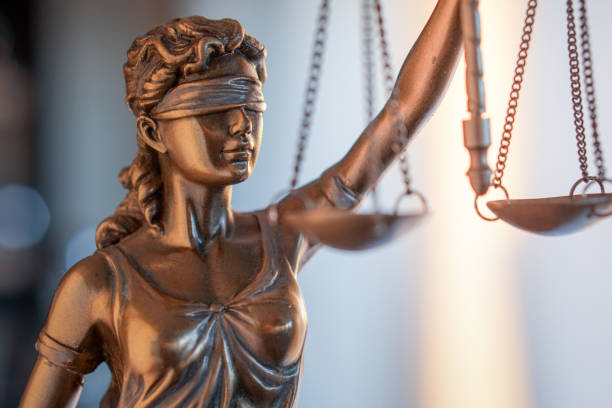Ethics Issues We're Watching As the New Term Begins
By Kit Beyer, FTC law clerk
 In the years since Jan. 6, 2021, many lawyers who participated in the election-denying movement have faced accountability. The permanent disbarment of Rudy Giuliani and disciplinary proceedings against John Eastman send a clear message: the legal profession does not tolerate flagrant attempts to undermine the rule of law. The Supreme Court’s standards, both for the justices and the company they keep, should be no lower.
In the years since Jan. 6, 2021, many lawyers who participated in the election-denying movement have faced accountability. The permanent disbarment of Rudy Giuliani and disciplinary proceedings against John Eastman send a clear message: the legal profession does not tolerate flagrant attempts to undermine the rule of law. The Supreme Court’s standards, both for the justices and the company they keep, should be no lower.
And yet, Justice Alito has, for three years in a row, co-taught a seminar with Mark Martin, who allegedly played a prominent role in the post-election lawsuits filed by former President Trump and his allies.
According to recent reporting, Martin, who is currently the dean of the law school at High Point University, spoke with Trump on the evening of Jan. 6. By then, Martin’s connections with the Trump election resistance already ran deep. In Nov. 2020, Martin communicated with the Arizona state legislator and Oath Keeper Mark Finchem, who then cited Martin for his claim that state legislatures had “plenary authority” to appoint electors. This theory underpinned Finchem’s strategy to decertify Arizona’s election results.
Further, attorney Kurt Olsen testified that, through Martin, he joined a group seeking to file an election complaint under the Supreme Court’s original jurisdiction, thereby expediting Supreme Court review. Apparently, Martin personally called at least one state attorney general to discuss the idea. Trump, in turn, paid Martin a call.
The Supreme Court declined to hear the original jurisdiction case, but for the sake of trust in the institution, it’s troubling for one of its members to co-teach with someone who was active in the 2020 election subversion campaign.
Another ethics issue involves Justice Gorsuch’s ties to Colorado billionaire Phil Anschutz, who helped convince the Bush White House to nominate Gorsuch to the bench and has had other ties to the justice over the years.
The case here involves the appropriate scope of federal agency review under the National Environmental Protection Act, which mandates environmental impact assessments for proposed projects such as oil rail lines. A former client of Justice Gorsuch when he was in private practice, Anschutz owns a company that filed an amicus brief calling for a narrower interpretation of NEPA so that it can duck (or expedite, to use a kinder word) environmental review of land it wants to build rail tracks on.
It’s unclear the extent to which Gorsuch and Anschutz have remained in touch. Back in 2017, the New York Times reported the justice represented Anschutz as outside counsel in the 1990s, and Anschutz lobbied for his nomination to the Tenth Circuit in 2006.
While serving on the Tenth Circuit, then-Judge Gorsuch repeatedly spoke at Anschutz’s annual hunting retreats and co-owned property with Anschutz’s chief counsel and an Anschutz executive.
In tacit acknowledgment of these connections, then-Judge Gorsuch recused himself from several Tenth Circuit cases involving Anschutz.